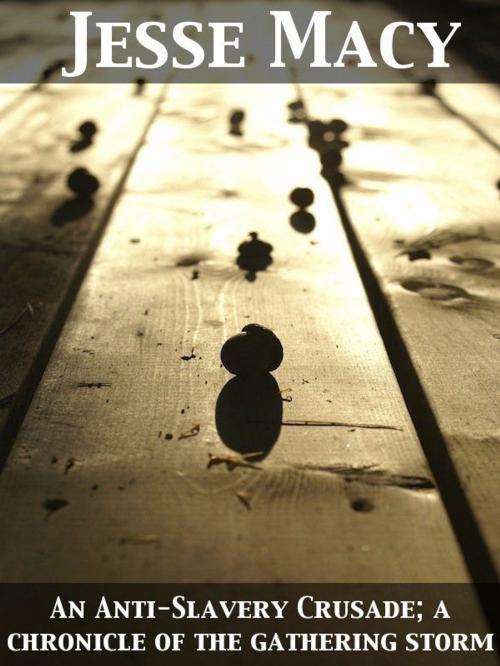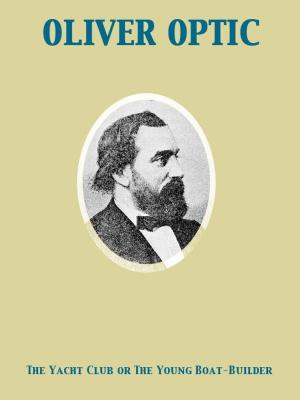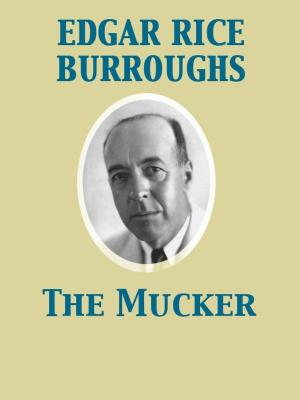| Author: | Jesse Macy | ISBN: | 9782819945154 |
| Publisher: | Release Date: November 27, 2011 | Publication: | November 27, 2011 |
| Imprint: | pubOne.info | Language: | English |
| Author: | Jesse Macy |
| ISBN: | 9782819945154 |
| Publisher: | Release Date: November 27, 2011 |
| Publication: | November 27, 2011 |
| Imprint: | pubOne.info |
| Language: | English |
The Emancipation Proclamation of President Lincoln marks the beginning of the end of a long chapter in human history. Among the earliest forms of private property was the ownership of slaves. Slavery as an institution had persisted throughout the ages, always under protest, always provoking opposition, insurrection, social and civil war, and ever bearing within itself the seeds of its own destruction. Among the historic powers of the world the United States was the last to uphold slavery, and when, a few years after Lincoln's proclamation, Brazil emancipated her slaves, property in man as a legally recognized institution came to an end in all civilized countries.
The Emancipation Proclamation of President Lincoln marks the beginning of the end of a long chapter in human history. Among the earliest forms of private property was the ownership of slaves. Slavery as an institution had persisted throughout the ages, always under protest, always provoking opposition, insurrection, social and civil war, and ever bearing within itself the seeds of its own destruction. Among the historic powers of the world the United States was the last to uphold slavery, and when, a few years after Lincoln's proclamation, Brazil emancipated her slaves, property in man as a legally recognized institution came to an end in all civilized countries.















